Advice Articles
- Home
- Advice Articles
- Breastfeeding
- Understanding Your 4 Month Old
Understanding Your 4 Month Old
It is common around 4 months for babies to start sleeping less at night and there are very good reasons for this; none of which mean that you should question your milk supply or think about introducing solid foods in an attempt to get baby to sleep longer or through the night.
Your breastmilk is all your baby needs for his first 6 months of life and if you are feeding on demand, you should have enough breastmilk to satisfy his needs. Remember breastfeeding is a supply and demand connection between the 2 of you so when baby is fed on demand and not according to the clock, he teaches your body how much milk he needs at this age and your body will respond and refill what has been removed.
At 4 months, your baby is likely more active during the day. This activity will use up a lot of calories and energy and is likely to make your baby more tired. Your baby may not be able to stay awake as long as he did before and being more active will use up his food quicker, making him hungrier sooner after his usual last feed of the day– hence waking sooner at night/sleeping less at night as he awakens for another feed or several.
The more aware your baby becomes, the more he is to be resistant to daytime naps and because of the night waking he may be overtired while he gets adjusted. He could also be more distracted when nursing so it can help to sit quietly in a darkened and quiet room to nurse– yes even during the day mum! Being in a darkened quiet room may help your baby to concentrate on feeding without distraction.
Your baby’s awake-sleep pattern may be disrupted up to 6-7 months before he settles again but every baby is different so it could be a little longer or less than this time frame to adjust. What we would be able to adjust to quickly takes you baby longer to do so – so give him time to grow and adapt as he gets through this growing phase.
Babies usually start teething from 4 months onwards but some babies may start from 3 months. Teething is likely to make your baby quite grouchy but your baby will seek comfort from suckling as this can help with the pain and discomfort he may be feeling. Teething is one of those topics that tends to scare breastfeeding mums but it does not have to mean an end to nursing. Offer baby a cold teething ring before nursing so he is less likely to try to get the relief when nursing which can cause soreness for you. If baby bites down know that this is not because there is anything wrong with your milk or that he doesn’t want to nurse anymore. Teething is uncomfortable even in the months before you see any teeth through his gums and he is just trying to get relief.
Your baby also seems to want to put everything they get hold of in their mouths because they have learnt to put their hand to their mouth and want to practice their new skill – regardless of what they find to put in! Just be sure to keep baby’s surroundings safe and any breakable or dangerous items out of baby’s reach.
At this point, you may also be getting pressure to start your baby on solids but major medical organizations and healthcare professionals advise waiting until at least 6 months so your baby’s digestive system has time to mature. Breastmilk is still the best and most complete nutrition for your baby with all the nutrients, vitamins, and antibodies he needs at this age.
This is an exciting but trying time for parents as their baby grows but also as baby’s growth means new challenges like new sleep patterns, teething and new skills like hand to mouth movements. Like any phase, this will pass and baby will be onto new milestones soon so as trying as it can be, hang in there and embrace even the tiring times!
Keep going with the breastfeeding. Get family and friends to help you with everything but feeding! If possible change your sleep pattern to match your baby’s and know that your baby is developing perfectly well, on time and all thanks to you.
Related Categories
Related Articles
-
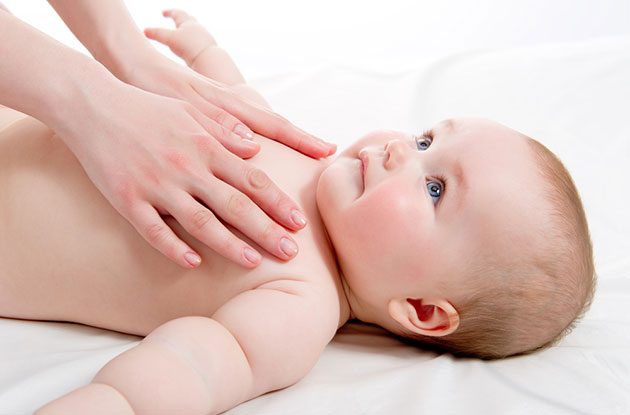
Baby Massage – How To
Helps the baby to develop mentally, physically and socially Keeps the baby more relaxed ...
Read More -

The importance of breastfeeding
Breastfeeding is very important for your baby and for you. That's why here at...
Read More -

Breastfeeding and Teething
Teething is a very common cause of unsettled behaviour in your baby between the...
Read More -
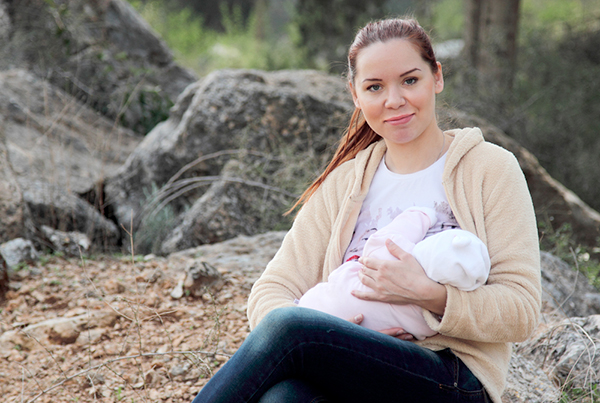
Breastfeeding In Public
Many mothers visit a friend or somewhere with a mother and baby room for...
Read More -

Cluster Feeding
Babies need to feed very often, especially in the early weeks and months as...
Read More
You May Also Need
-
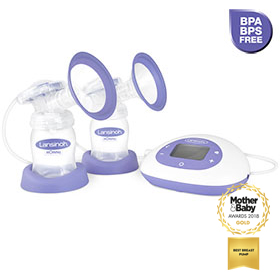
2 in 1 Double Electric Breast Pump
Lansinoh’s 2-in-1 Electric Breast Pump is the very best option for mothers who want comfort, flexibility... View -
... View -
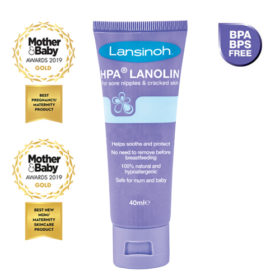
HPA® Lanolin Nipple Cream for Sore & Cracked Nipples
Sore nipples are very common during breastfeeding and can often be a result of the uncomfortable positioning... View -
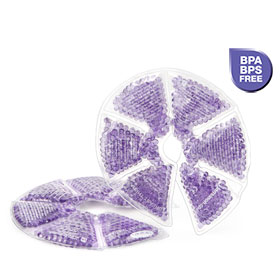
Thera°Pearl® 3-in-1 Breast Therapy
Flexible and reusable, Thera°Pearl’s 3-in-1 Breast Therapy packs have soft covers that can be slipped... View
